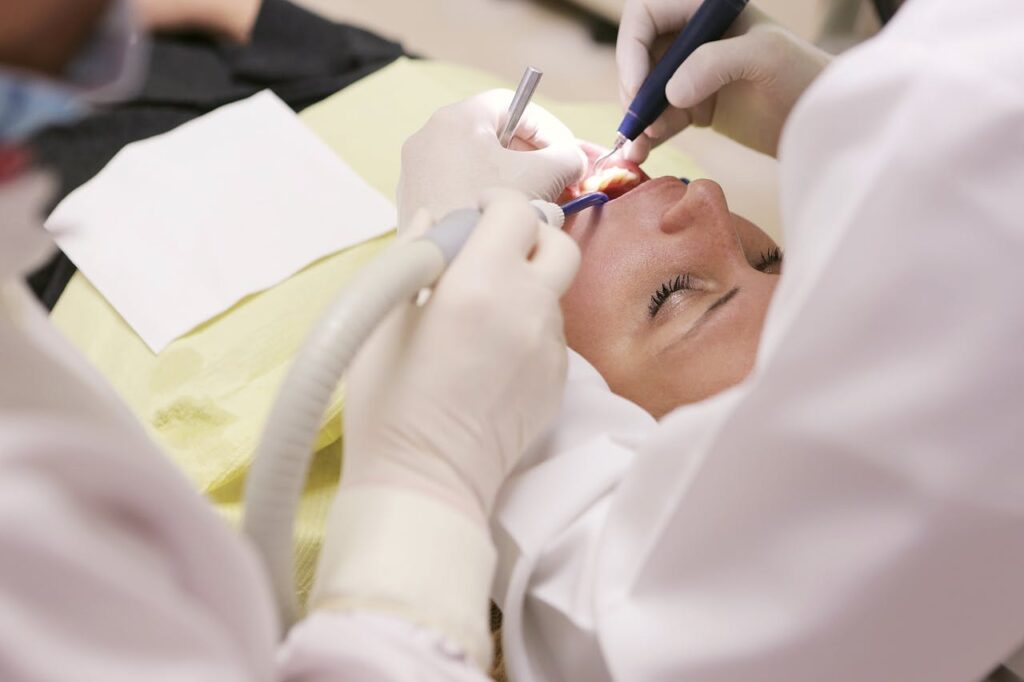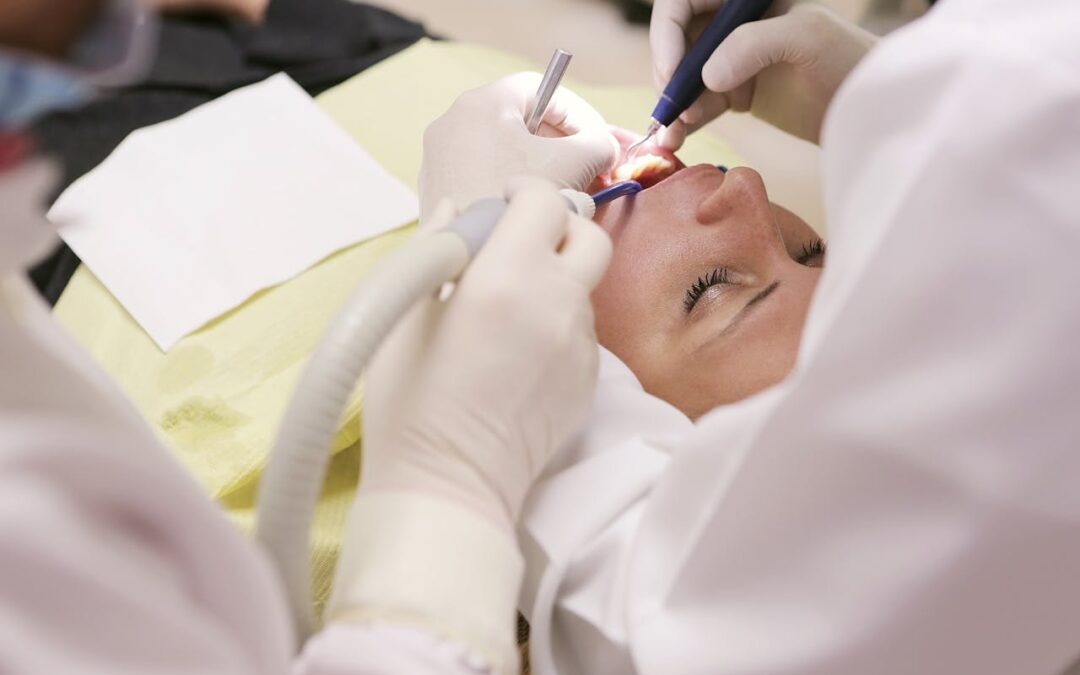Oral health plays a crucial role in your overall well-being. Taking care of your teeth and gums not only helps maintain a beautiful smile but also prevents a range of health issues. By adopting a few simple yet effective oral care habits, you can enjoy long-lasting dental health and avoid complications such as cavities, gum disease, and bad breath. Here are the top oral care habits you should incorporate into your daily routine to keep your mouth healthy for years to come.
Brush Twice a Day with the Right Technique

Brushing your teeth is the cornerstone of good oral hygiene, and doing it twice a day is essential. Brushing in the morning removes the plaque and bacteria that accumulate overnight, while brushing before bed ensures that food particles and plaque are removed after a day of eating and drinking. It’s important to use a fluoride toothpaste, as fluoride strengthens tooth enamel and helps prevent cavities. Additionally, brush for at least two minutes, covering all surfaces of your teeth and your tongue. Remember to use a soft-bristled toothbrush to avoid damaging your gums and enamel. Proper brushing technique is just as important as brushing frequency. Brush in gentle circular motions to ensure that you clean both the surface and the gum line without causing harm.
Floss Daily to Reach the Gaps
Brushing alone cannot clean the tight spaces between your teeth, where plaque and food debris tend to gather. This is why flossing is an essential part of your oral care routine. Flossing at least once a day helps remove plaque and food particles from between the teeth and along the gum line, reducing the risk of cavities and gum disease. It’s important to use a gentle sawing motion when flossing and to curve the floss around each tooth to remove debris effectively. If traditional floss feels awkward, try using floss picks or a water flosser, which can also clean hard-to-reach areas. Make flossing a non-negotiable part of your daily oral care to ensure a thorough clean and prevent plaque buildup.
Use Mouthwash for Extra Protection
While brushing and flossing are fundamental, mouthwash can provide an added layer of protection against bacteria, plaque, and bad breath. A mouthwash that contains fluoride can also help prevent cavities by strengthening tooth enamel. Rinsing with mouthwash after brushing and flossing is a simple way to reduce the number of bacteria in your mouth, freshen your breath, and ensure that areas your toothbrush and floss may have missed are cleaned. Mouthwash can also help reduce inflammation in the gums and prevent gum disease. Swish the mouthwash around your mouth for about 30 seconds to a minute, making sure it reaches every corner of your mouth for maximum benefit.
Maintain a Healthy Diet for Strong Teeth
What you eat plays a significant role in the health of your teeth and gums. A balanced diet rich in nutrients helps promote strong teeth and gums. Foods high in calcium, such as dairy products, leafy greens, and almonds, help strengthen tooth enamel, while foods rich in vitamin C, such as citrus fruits and bell peppers, are crucial for healthy gums. Eating a diet that includes plenty of fruits, vegetables, and whole grains can also help stimulate saliva production, which naturally helps cleanse your mouth. Avoid sugary foods and drinks, as they can contribute to plaque buildup and increase the risk of tooth decay. Drinking plenty of water throughout the day also helps rinse away food particles and keep your mouth hydrated.
Schedule Regular Dental Checkups
No matter how diligent you are with your oral hygiene at home, regular dental visits are essential for maintaining long-lasting dental health. Professional cleanings by a dentist or dental hygienist remove tartar buildup that can’t be addressed with brushing and flossing alone. Your dentist will also check for early signs of tooth decay, gum disease, or other oral health issues, allowing you to address problems before they become more serious. Aim to schedule a dental checkup every six months. During these visits, your dentist will offer personalized advice on your oral care routine and recommend any additional treatments or improvements for better health.

